
Bill Plaschke
Biography
Bill Plaschke was born in Louisville Kentucky in 1958. Plaschke began his freshman year at Baylor University in Texas before transferring to Southern Illinois University at Edwardsville. After graduation Plaschke went on to work with the St. Petersburg Times in Tampa Bay, Florida. This would be the first of many stops for Plaschke during his journey as a journalist before he would ultimately land in Los Angeles in 1988 as a beat reporter for the Los Angeles Times.
Since 1988 Plaschke has covered everything from the Olympics to college football and more. In 1996 Plaschke was given his column at the Los Angeles Times. Since 1996 Plaschke has been named sports columnist of the year five times by the Associated Press. Plaschke is also a regular commentator on ESPN’s weekly show, Around The Horn. In addition he is a member of the Baseball Writers Association of America, and the Professional Football Writers Association.
In addition to his writing, Plaschke has earned many social awards in the Los Angeles area for his constant contributions to the community. These awards include the “Pursuit of Justice Award” for his coverage of women’s sports, and his “Man of the Year Award,” presented by the Los Angeles Chapter of Big Brothers and Big Sisters for his involvement as a Big Brother.
Interviewed by Harris Blum in 2015
I was born with a terrible stutter that inhibited me from communicating clearly.
One day I discovered that I could be understood more clearly with my writing. This was when I realized the power of writing.
I recall a family barbeque in 6th grade, I went home briefly to get ketchup when I noticed the Kentucky football game was on. When I came back and announced the score, I noticed people started to gather around me and ask questions about the game. Everyone at the barbeque came from different backgrounds, yet they were all interested in Kentucky football. This was when I noticed that sports are a great universal language, a way to get people to pay attention to each other.
Living in Kentucky, the closest city with professional sports was Cincinnati. This limited what I could write about. In seventh grade my mom gave me a binder that I would use to report on little league baseball, and write game stories.
My mom would type the stories up and we would bring them to The Voice-Jeffersonian, which was the local Louisville paper, every Tuesday around midnight. I would see the story in the paper the next day and it was so cool. I ran into people at the supermarket, or at church and they would mention my stories. That was a great feeling, knowing that I could make people feel or think a certain way with my writing.
I recall one of my first interviews with Julius Erving. It was in the 1970’s when the Kentucky Colonels were members of the American Basketball Association. I would drive down to the visiting team’s hotel and phone up to the hotel rooms as a journalist looking to interview the players.
I transitioned from a small catholic grade school to a big high school during my freshman year, I was the low man on the totem pole. I immediately went to the school newspaper where I covered high school basketball. I can remember going to a game when the whole fan section was chanting the name of the last guy on the bench, Earl. So I wrote a story on Earl, and why everyone was cheering for the last man on the bench. After my story was published people would come up to me in the hall and say “hey that story made me feel this way.”
I could write a story and make people think, this was the power newspapers had. I wanted to be a sportswriter, and there was nothing that could stop me.
I went on to manage the basketball team my freshman year at Baylor. I ran out of money after freshman year, though, so I came home. I was a small town guy, and my parents had just moved to a little town in Illinois.
I had no choices left so I got into a car and decided to drive west until I ran into a college. Southern Illinois University at Edwardsville was the first college I found, which at the time was just three buildings in the middle of a farm. I had no other connections or credentials so as a last resort I moved into the basement of a church and enrolled in the small university.
I wanted to write sports, but my options were extremely limited. I would write just about anything I could get my hands on, whether it was the 50-year-old plumber who ran for the track team or the basketball team who used a high school gym.
Junior year came, and so it was time for me to find an internship. There were two journalism professors at the university, one of whom was Bill Ward, my mentor. The help they were able to provide me was extremely limited so I went to the library and got a book with every newspaper in the country and started sending out my clips.
I sent about 50 clip packets to 50 different newspapers, only to get one response from the Michigan Chronicle in Western Michigan. I interned there for the summer and then came back to complete my senior year. With one semester left I remember trying to apply for jobs and feeling like I was shouting into a canyon. I was at a little school in the middle of nowhere. So I went back to the book of newspapers, and sent out 50 more applications. I got no responses.
I knew this was the career I wanted, but nobody wanted me. I was without hope.
I was walking home from school one day, through the snow. As I reached my apartment I noticed my two roommates on the balcony shouting at me; “Bill! Bill! Somebody called you,” they said. So I ran up the stairs and found the words “St. Petersburg Times” with a phone number written on a box of cocoa puffs. I called back to find out that I was one of their two interns for that summer. I had no idea how they had found me, but I knew this was my break. I got in the car and drove to the church where I proceeded to fall on my knees and thank god that somebody had found me.
I was so exhilarated with this opportunity that I got down to Tampa three days early. I didn’t make much money that summer, and my parents could only afford to send me $50 which I used to pay my phone bill.
After a while my landlord finally locked me out of my apartment, so I would sleep in cars, attics, whatever I could find. I didn’t care, I was doing what I wanted to do: writing sports.
My internship ended, but I had nowhere to go. So I decided to stay at the St. Petersburg Times for an additional three weeks, I kept showing up and I just wouldn’t leave. Finally they decided to help me find a job in Ft. Lauderdale.
This was my first real full time job, the paper is now known as South Florida Sun-Sentinel. I got assigned to the Everglades bureau where I would cover alligator wrestling, little league, roller-skating, basically every kind of bizarre sport you could imagine.
Finally I was promoted to covering high schools, and I knew needed a career change. So I found a school in the Everglades who had a basketball team of Native Americans that were coached by African Americans. This was an incredibly diverse mix, and on top of it they were practicing shooting hoops with a shoe. This was my story and I knew it.
That story went on to win an award, but I felt bad because for the first time I wasn’t writing for my readers. I was writing to put food in my mouth and gas in my car. I was not fed with a silver spoon, if you can’t tell. After that article I received two job offers in San Diego and Seattle. I took the job in Seattle to cover the mariners and became the youngest beat writer in the nation.
I struggled for my first year in Seattle; I got beat on every big story. I remember when the Mariners fired their manager; I missed the story by a full day. I was so embarrassed I remember contemplating throwing myself off the ledge.
I swear to god I was going to kill myself I was so embarrassed. But that’s the great thing about newspapers; every day you have another chance to make a connection with someone. Even if I screwed up one column, there were still two to three more to write each week. I covered the Mariners for 3 years, they were the most informative three years of my entire life.
In 1988 the L.A. Times called, they needed someone on the L.A. Dodgers beat. Nobody wanted that, the club had just won the World Series, and the players were tough guys to deal with. I thought back to the church basement in Illinois, going to Los Angeles scared me to death. But I said, if more people will get to read my writing, I have to do it. And so this is how I found myself covering the Dodgers, one of the premier sports beats in the country.
The pressure with this job was enormous; I would look into the stands from the press box to see 50,000 fans, who were all reading my writing. But I got used to it, and now here I am with a Hall of Fame vote.
Yet I still find that my most compelling stories are the ones I work on during my own time, the stories that I write when all of my competitors are sleeping.
For example I wrote a story about a high school football team who was barred for wearing bandanas because of local gang activity in Los Angeles. I wrote this story on my own time, and it was so compelling that it earned me my column. I’ve been writing my column for the last 20 years, and I love it because I can share myself with Los Angeles.
I have a lot of friends who made more money than I did, but I am the lucky one because I can touch every person who reads my writing. I’m able to be part of my own world, and I love that. I’m an L.A. guy.
One of my most vivid memories from my time writing in Los Angeles was when Raul Mondesi spent a night in jail for driving drunk. Mondesi couldn’t play ball the next day, so I ripped into him. But I knew that if I were going to say something, I would have to face the consequences. So I showed up in the clubhouse the next day and Mondesi approached me. He put his fist in my chest and said “I don’t appreciate what you wrote about me, it wasn’t right. If you come at me again I will kill you.”
As the team’s spokesperson removed Mondesi from the situation I remembered that these players will come and go, but I will always be here. That is one of the most valuable lessons I have learned from my job, it gave me a sense of security.
I have been named national sports columnist of the year by the Associated Press Editors Association five times now, I have written about virtually every sport on the planet, many of my works have won awards, and my name is even mentioned in the rap song, Females Welcome by Asher Roth. I don’t think there is much more I could ask from my career at this point.
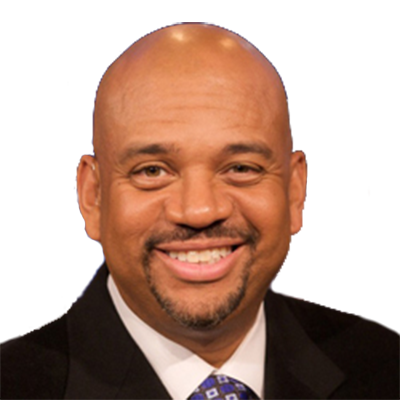 Michael Wilbon
Michael Wilbon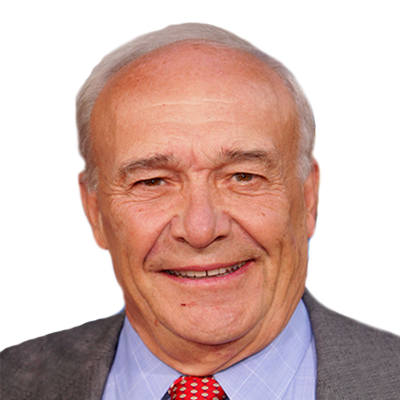 Bill Nack
Bill Nack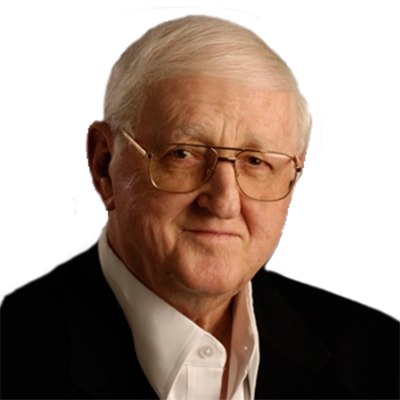 Dan Jenkins
Dan Jenkins Sally Jenkins
Sally Jenkins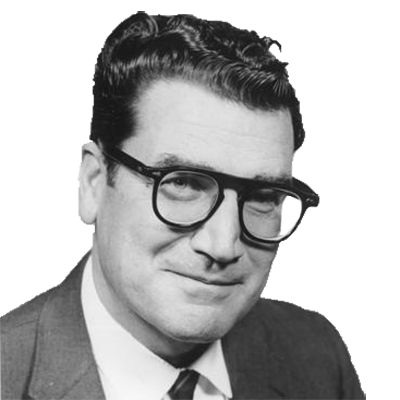 Jim Murray
Jim Murray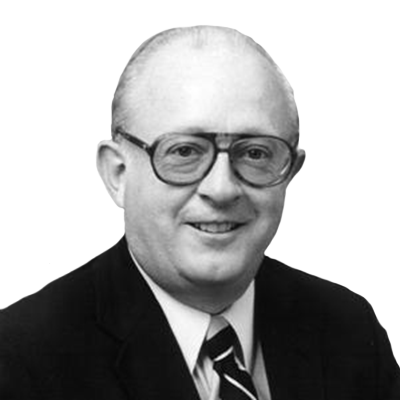 Dave Anderson
Dave Anderson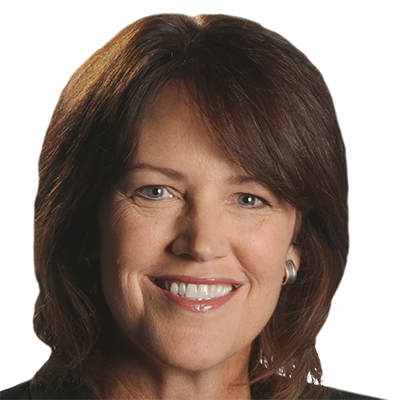 Christine Brennan
Christine Brennan Mitch Albom
Mitch Albom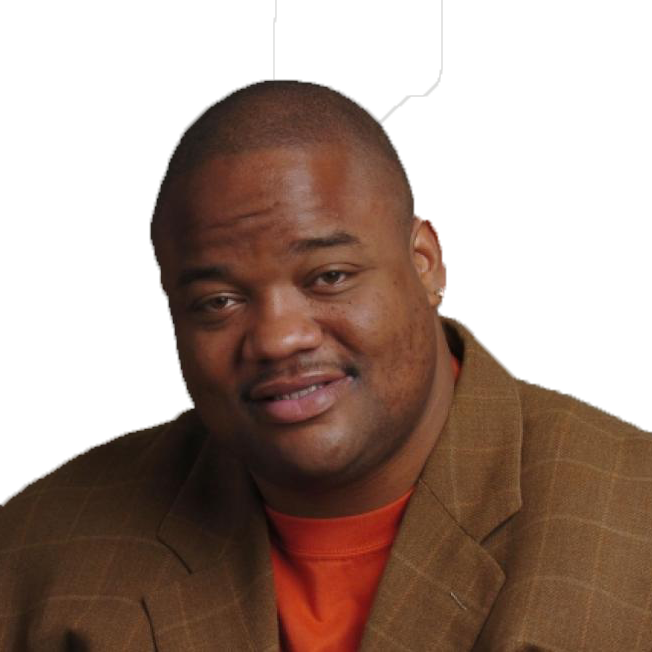 Jason Whitlock
Jason Whitlock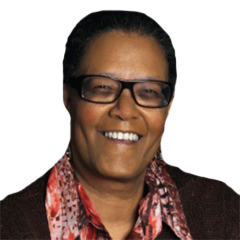 Claire Smith
Claire Smith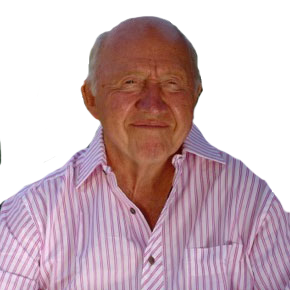 Bud Collins
Bud Collins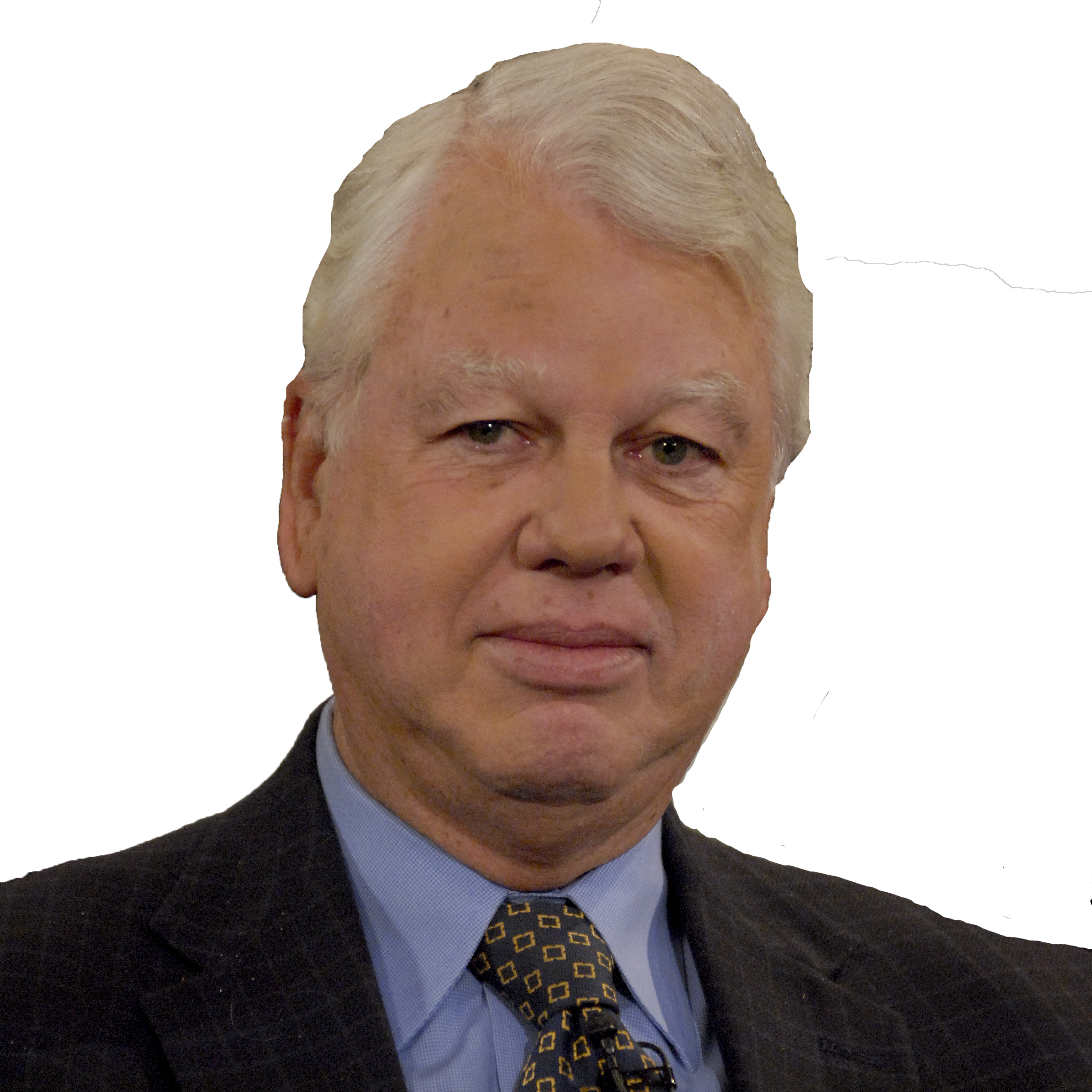 Bob Ryan
Bob Ryan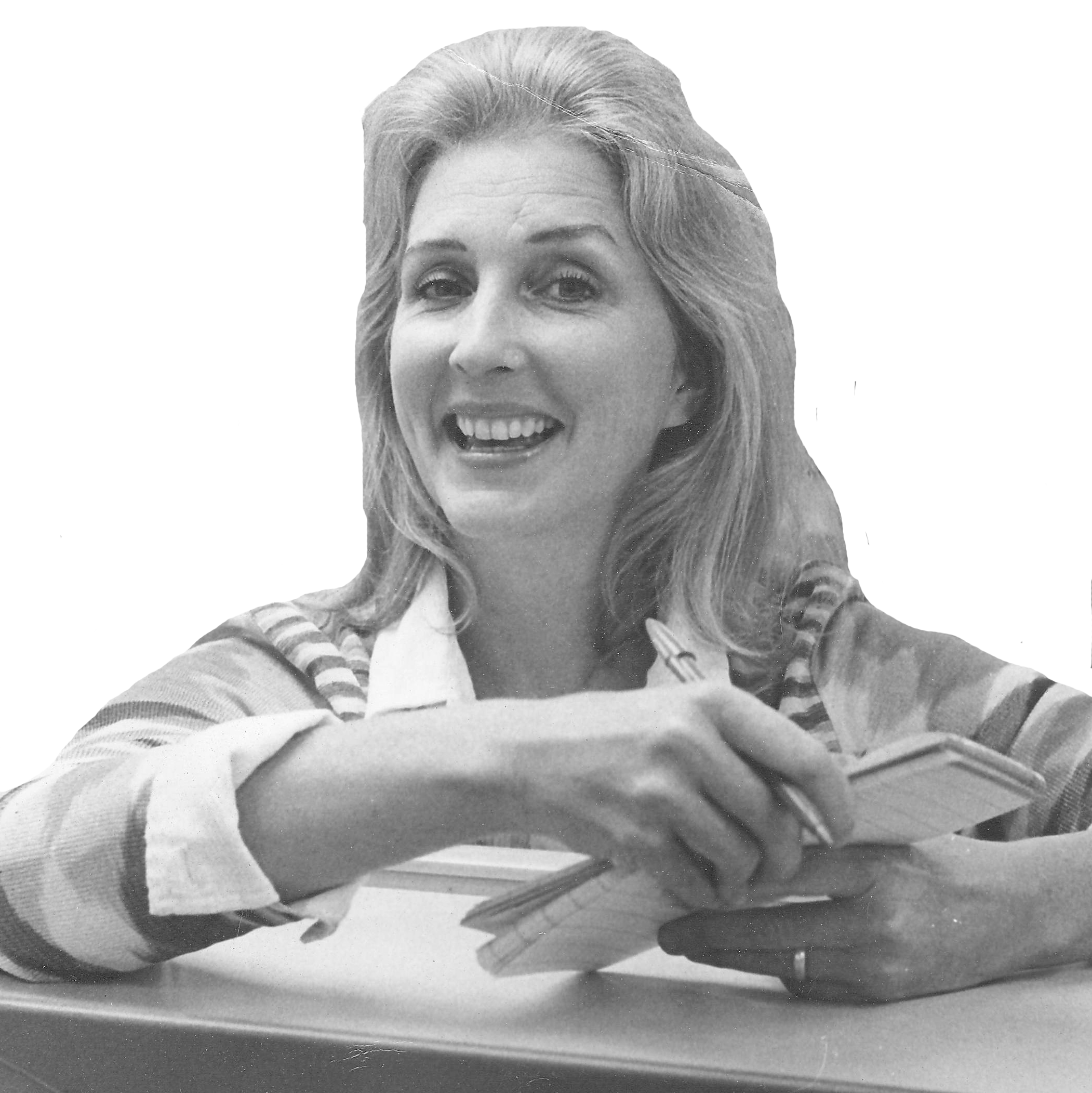 Joan Ryan
Joan Ryan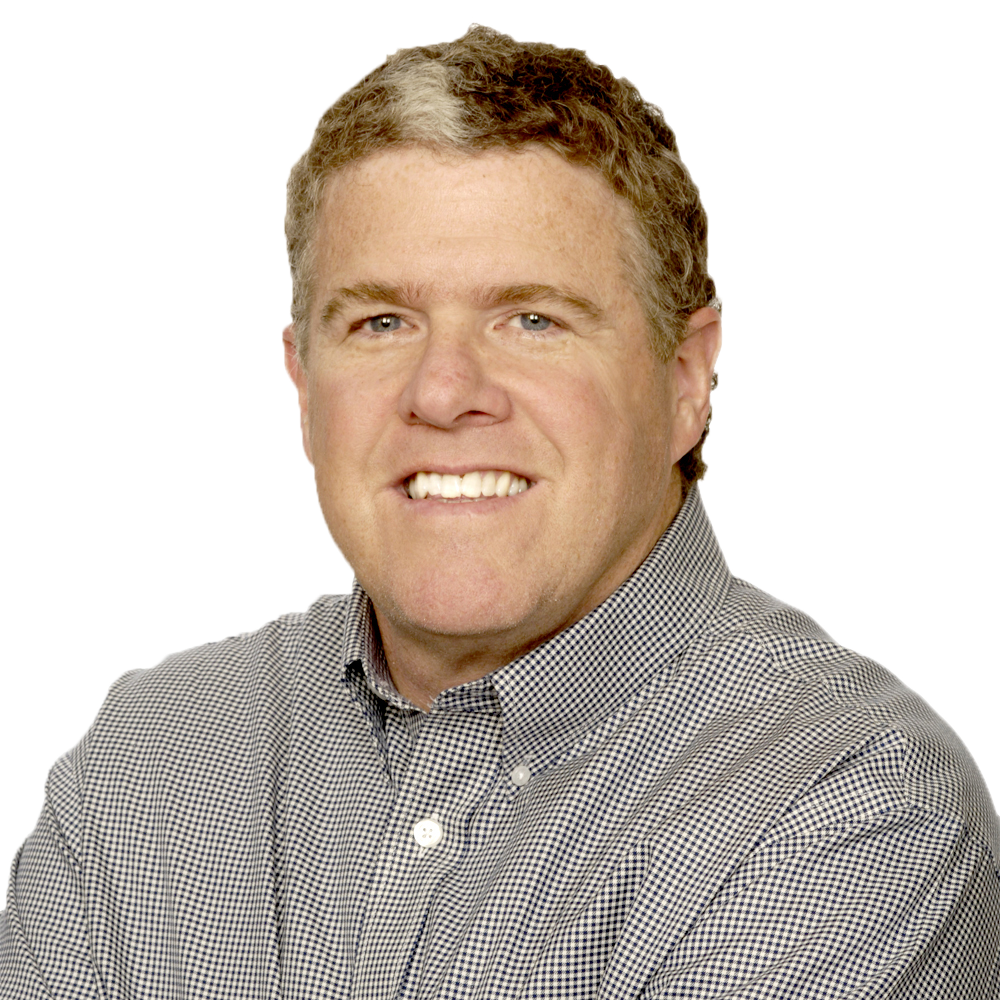 Peter King
Peter King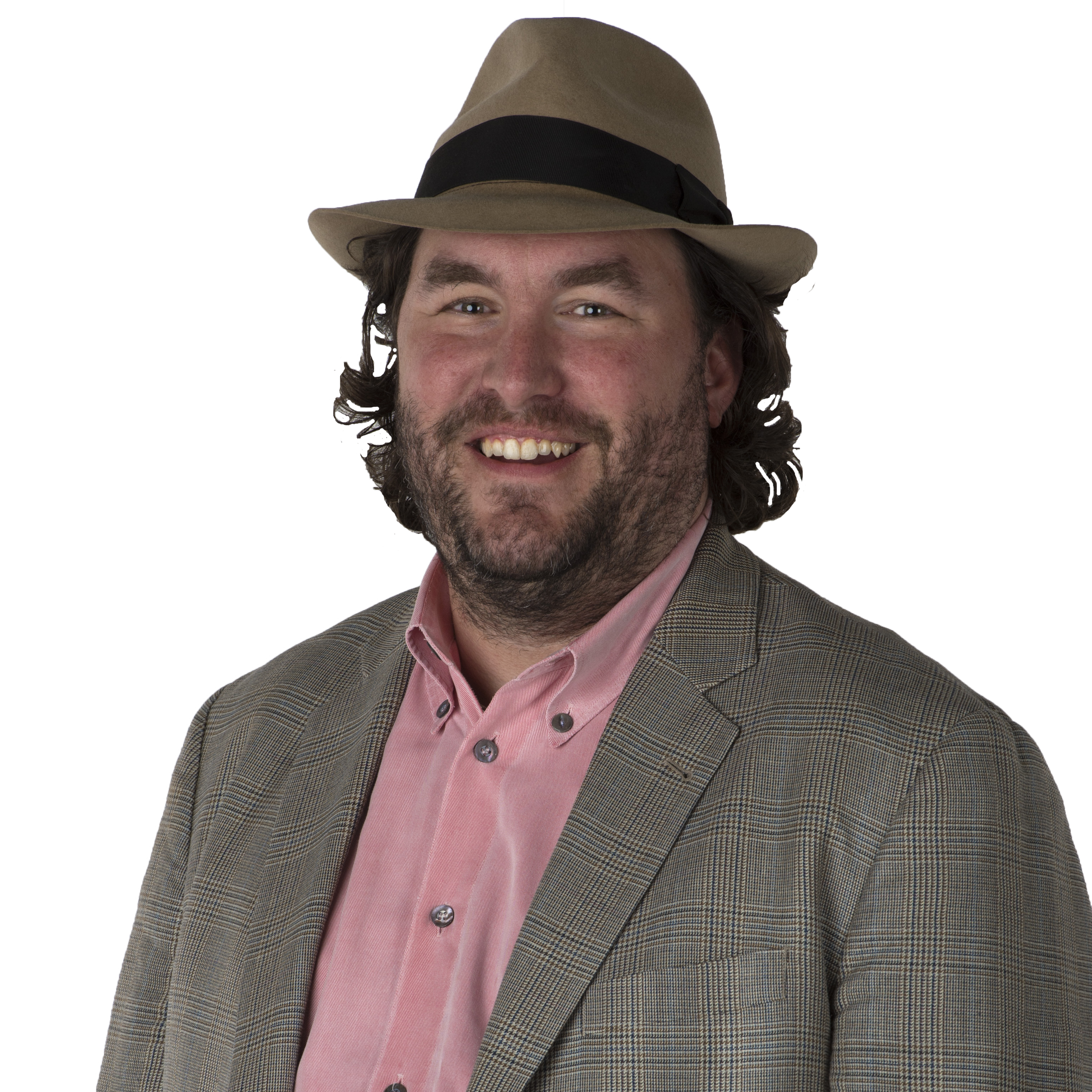 Wright Thompson
Wright Thompson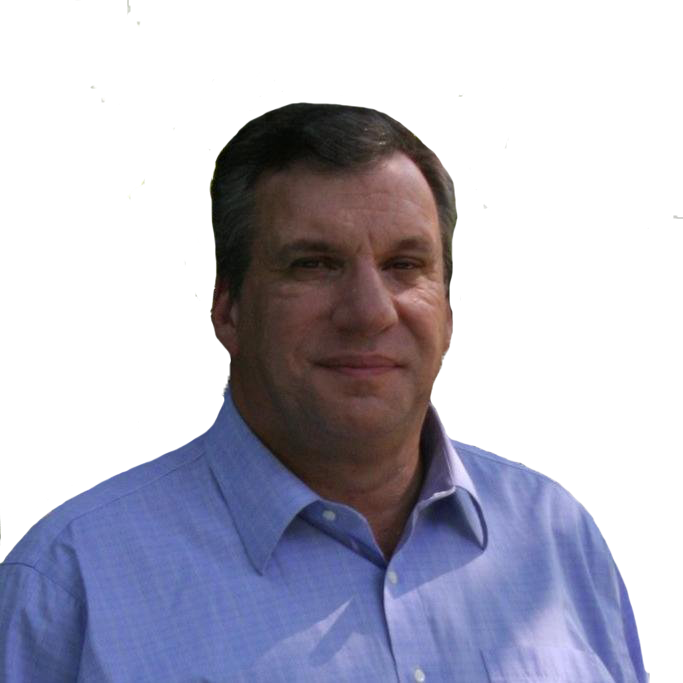 John Feinstein
John Feinstein Lesley Visser
Lesley Visser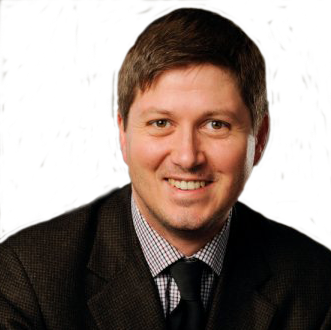 Will Leitch
Will Leitch Tim Kurkjian
Tim Kurkjian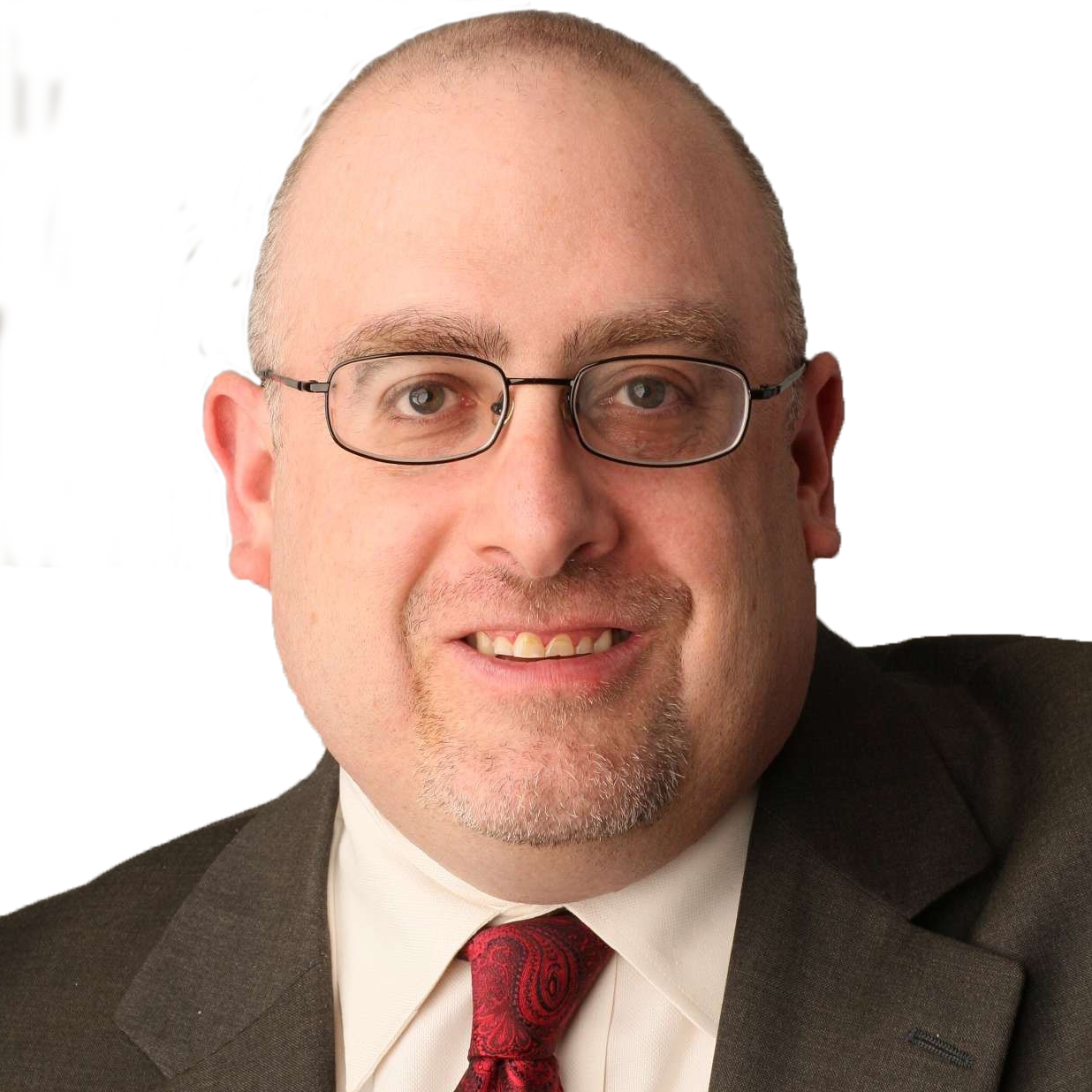 Joe Posnanski
Joe Posnanski
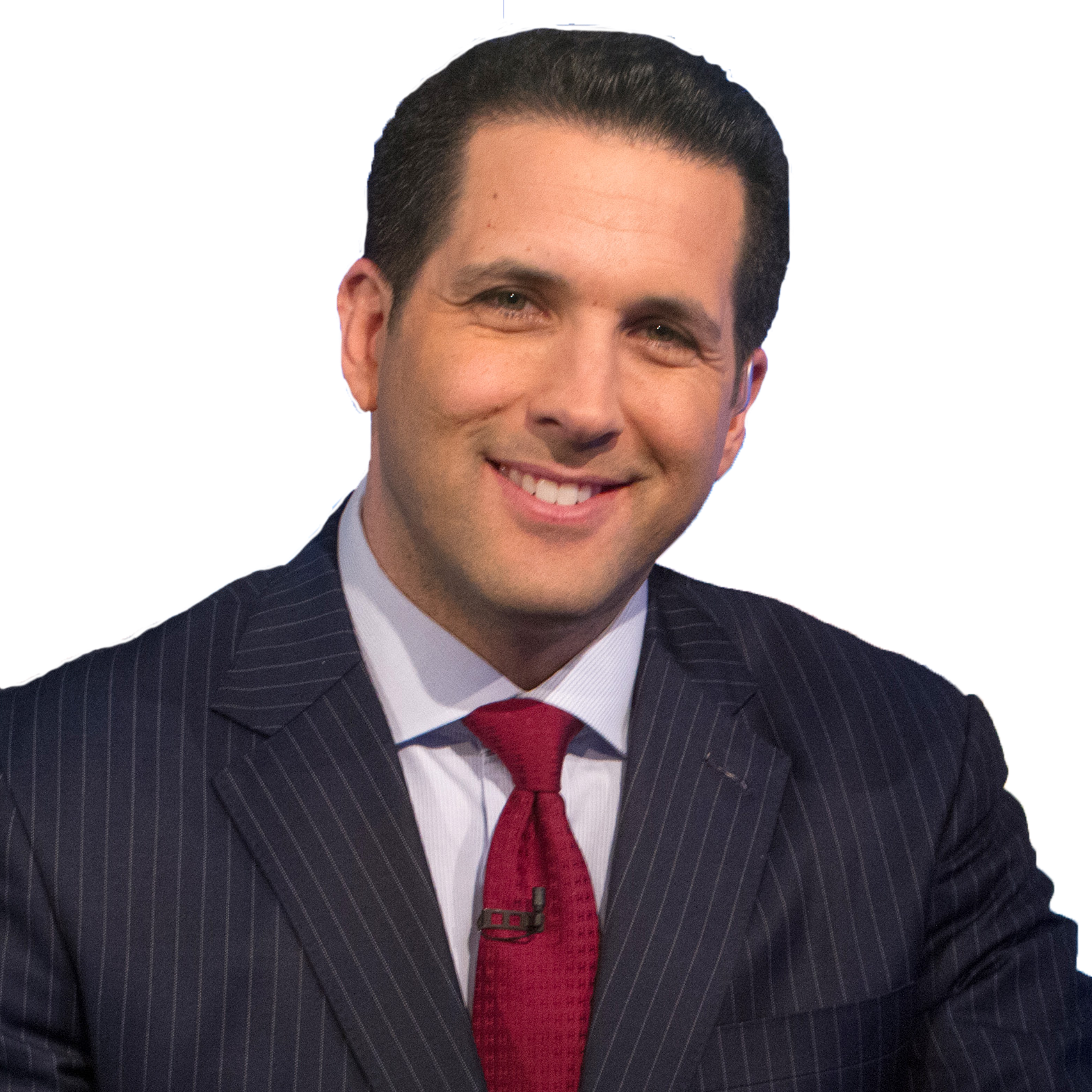 Adam Schefter
Adam Schefter
 Terry Taylor
Terry Taylor
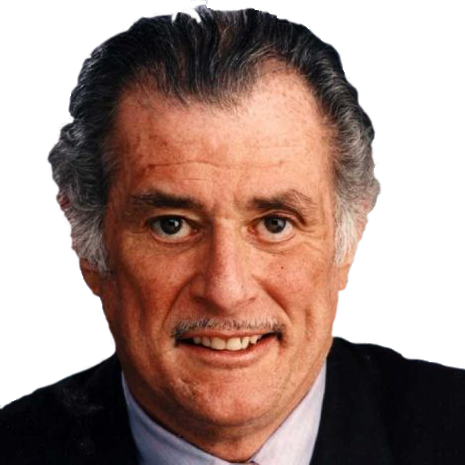 Frank Deford
Frank Deford
 Tom Boswell
Tom Boswell
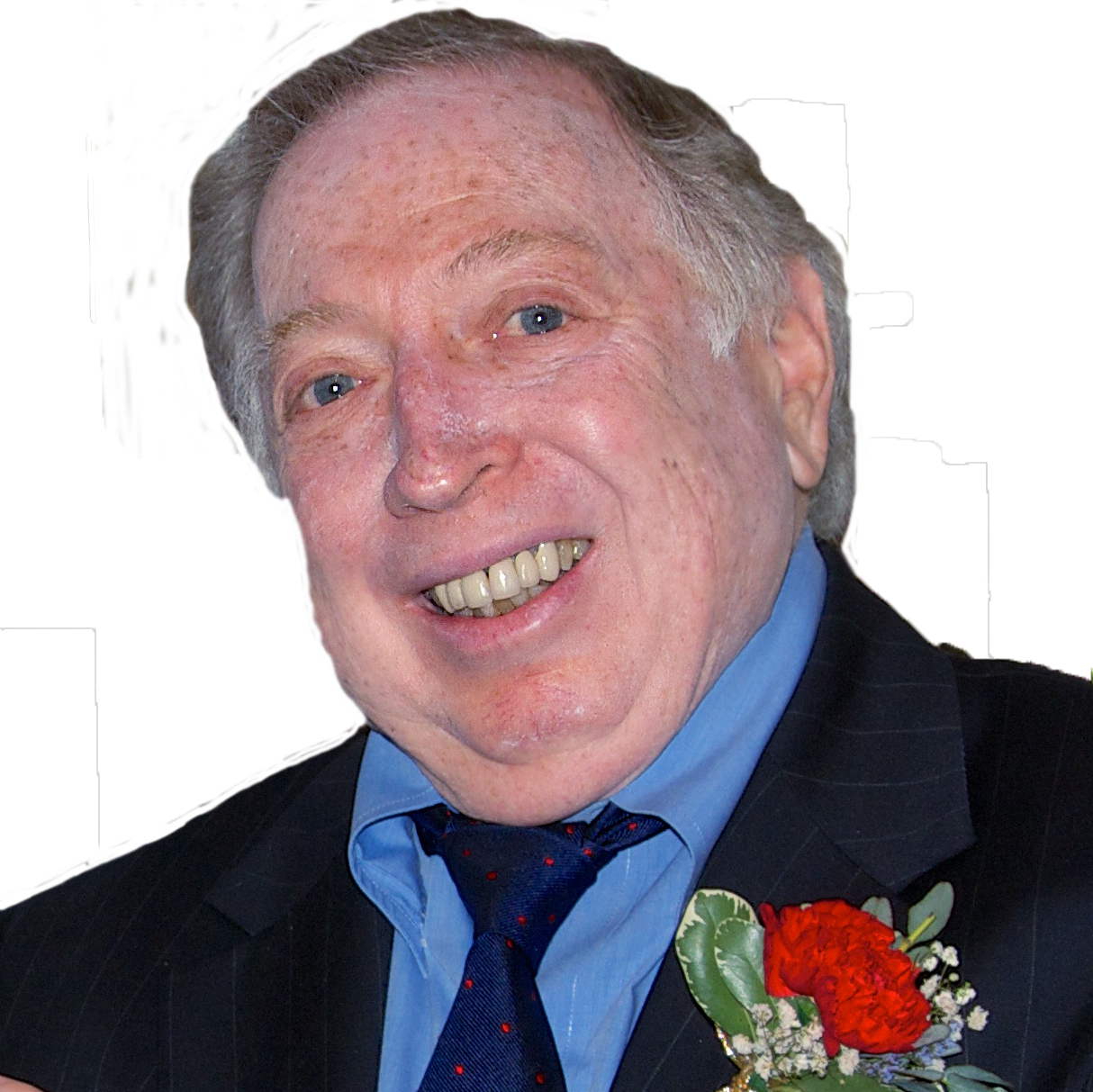 Neil Leifer
Neil Leifer
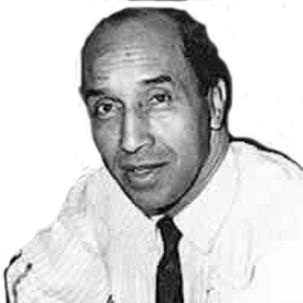 Sam Lacy
Sam Lacy
 Jane Leavy
Jane Leavy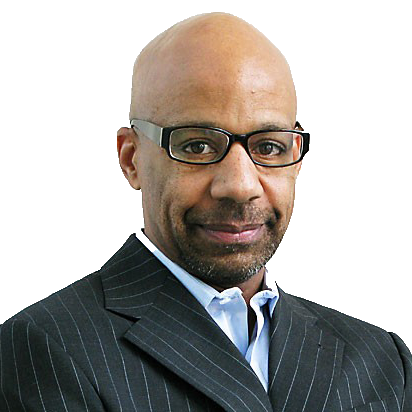 Kevin Blackistone
Kevin Blackistone Juliet Macur
Juliet Macur Andrew Beyer
Andrew Beyer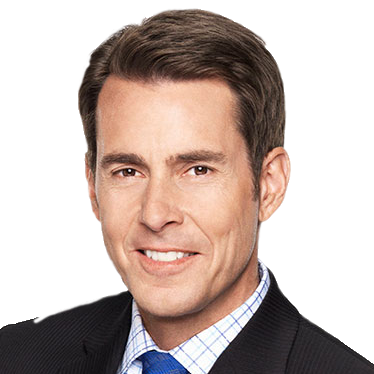 Tom Verducci
Tom Verducci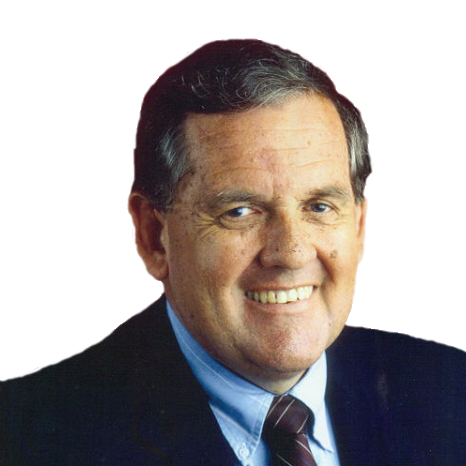 Hubert Mizell
Hubert Mizell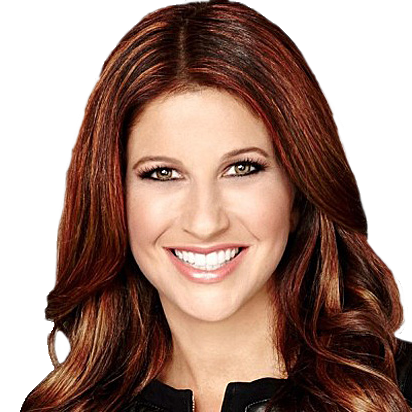 Rachel Nichols
Rachel Nichols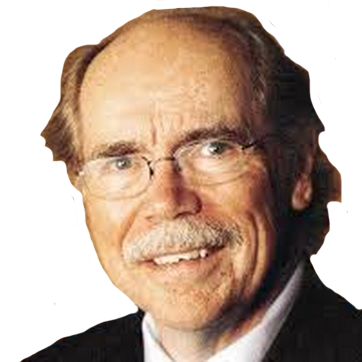 Dave Kindred
Dave Kindred Mike Lupica
Mike Lupica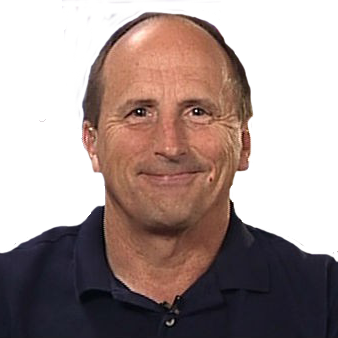 Richard Justice
Richard Justice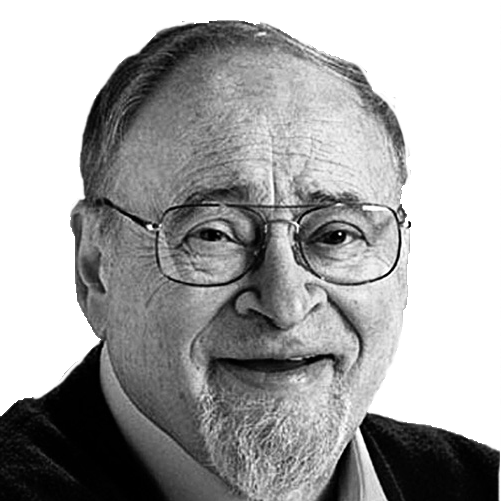 Jerry Izenberg
Jerry Izenberg Bill Plaschke
Bill Plaschke Kevin Van Valkenburg
Kevin Van Valkenburg George Vecsey
George Vecsey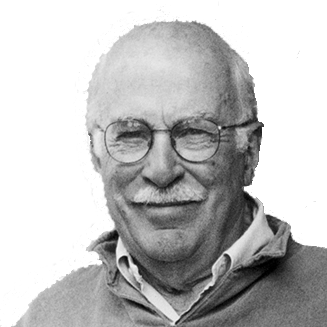 Roger Angell
Roger Angell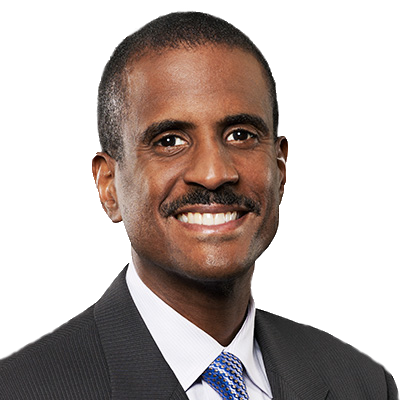 David Aldridge
David Aldridge Tony Kornheiser
Tony Kornheiser Jackie MacMullan
Jackie MacMullan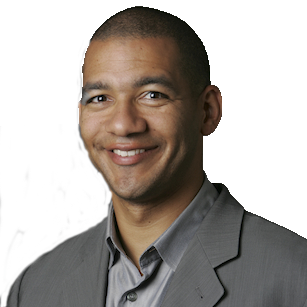 J.A. Adande
J.A. Adande Robert Lipsyte
Robert Lipsyte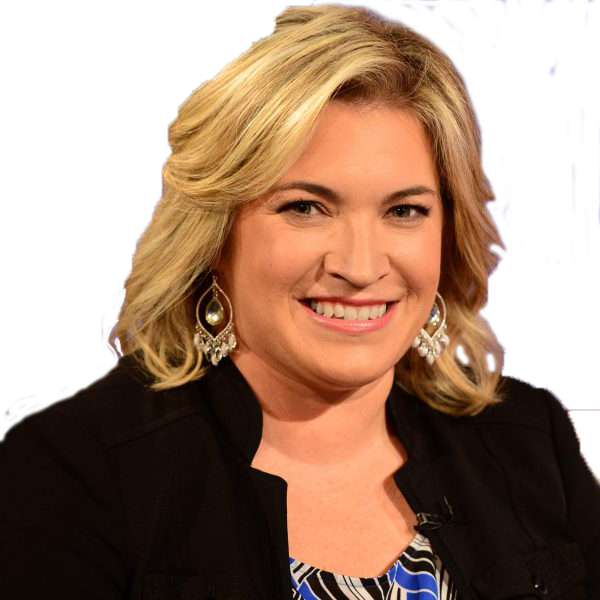 Ramona Shelburne
Ramona Shelburne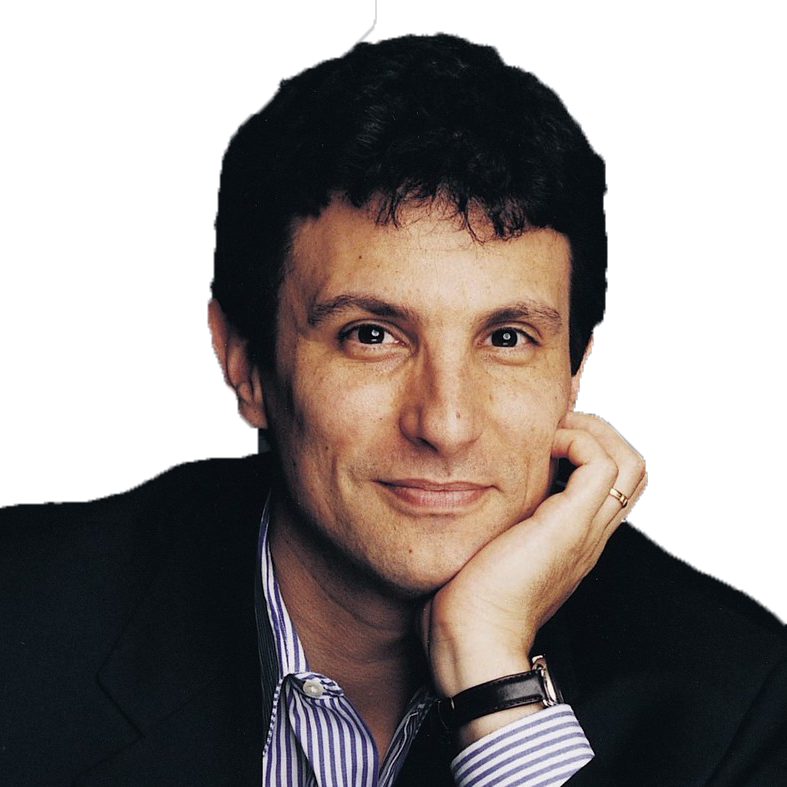 David Remnick
David Remnick Bryan Curtis
Bryan Curtis Chuck Culpepper
Chuck Culpepper Jason Gay
Jason Gay Heidi Blake
Heidi Blake Dan Steinberg
Dan Steinberg Barry Svrluga
Barry Svrluga
